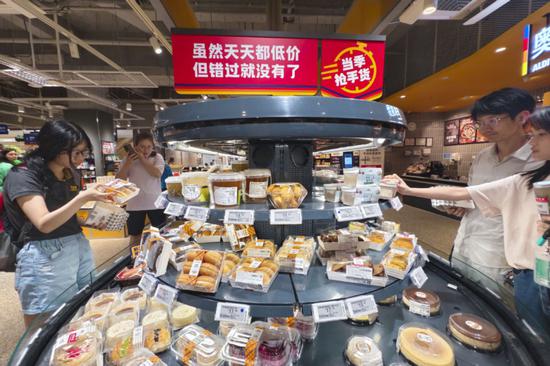
People check out foodstuffs at an ALDI store in Shanghai in July. (CHINA DAILY)
Just as Sam's Club, discount retailer ALDI has gained traction among value-conscious consumers and is boosted by its private label products as well.
Founded in Germany in 1913, ALDI now operates over 10,000 stores across more than 10 countries. The company entered the Chinese mainland market in 2019, opening its first pilot stores in Shanghai. Over the past five years, the number of ALDI stores in Shanghai has risen to 53.
ALDI, known for its approach to private labels, features 13 key private labels, with private label products accounting for 90 percent of its inventory. This focus on private labels allows ALDI to offer a wide range of daily necessities at competitive prices, aligning with the growing consumer preference for value.
Founder of Beijing-based market research company Bailian Consulting Zhuang Shuai said that achieving lower prices and better services in retail requires centralization and scaling.
"In China's retail landscape, its major giants face a collection of fragmented regional players. Market concentration significantly benefits private labels, allowing them to scale rapidly," Zhuang said.
NielsenIQ China's "2023 China Consumer Insights and 2024 Outlook" report revealed that, as of July 2022, 37 percent of consumers intended to alter their consumption habits to find better prices.
In this context, ALDI's strategy stands out. The German retailer limits its SKUs to fewer than 2,000, with about 1,500 dedicated to essential items and the remainder to seasonal and holiday products. Its "Super Value" series, featured on its app, includes eight categories, with half focusing on fresh produce such as fruits, vegetables, meat, eggs, dairy and seafood.
This focused SKU approach enhances procurement efficiency compared to traditional hypermarkets, which typically carry 10,000-20,000 SKUs.
ALDI's efforts to achieve a high private label ratio, at around 90 percent, surpass that of Costco and Sam's Club. Additionally, over 80 percent of ALDI's suppliers are local, with this figure expected to rise.
Its minimalist model also extends to staffing. Each store employs eight to 10 people, with no more than four on duty at any time.
"This streamlined approach not only reduces operational costs, but also aligns with the growing consumer preference for cost-effective retail options," said Zhuang.
As consumer spending increasingly gravitates towards value-focused channels, ALDI's minimalist and private label-centric model positions it as a rising competitor in China's dynamic retail market, said Zhuang.








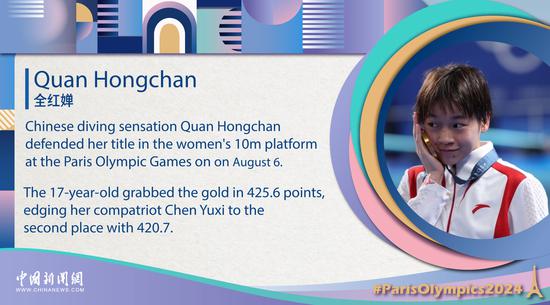


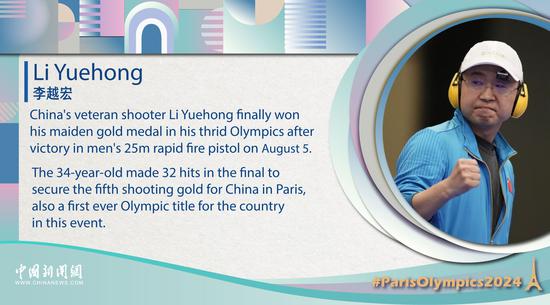




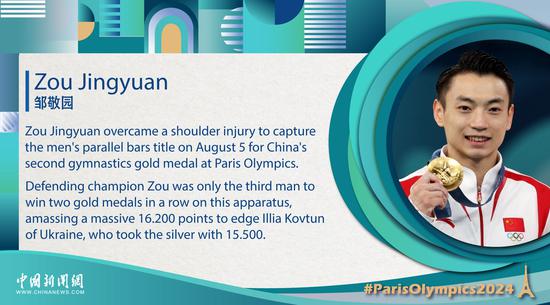







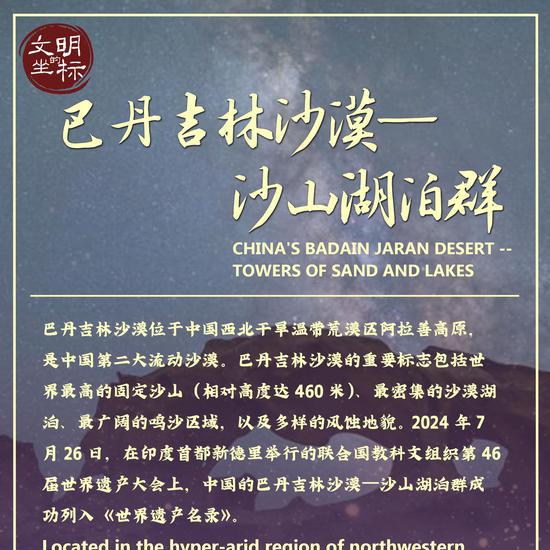
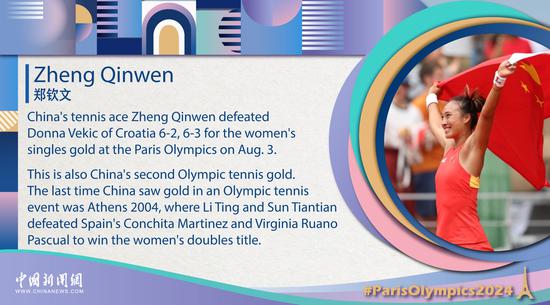
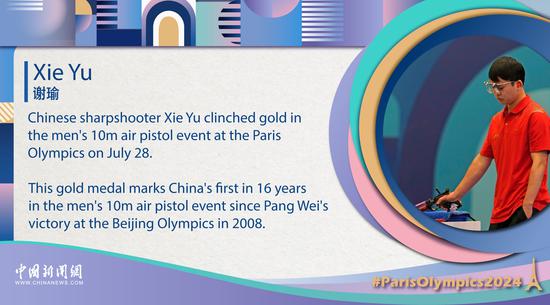


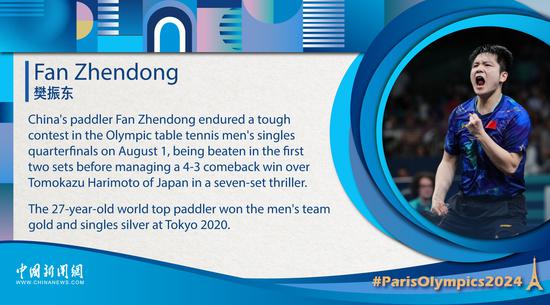




















 京公网安备 11010202009201号
京公网安备 11010202009201号